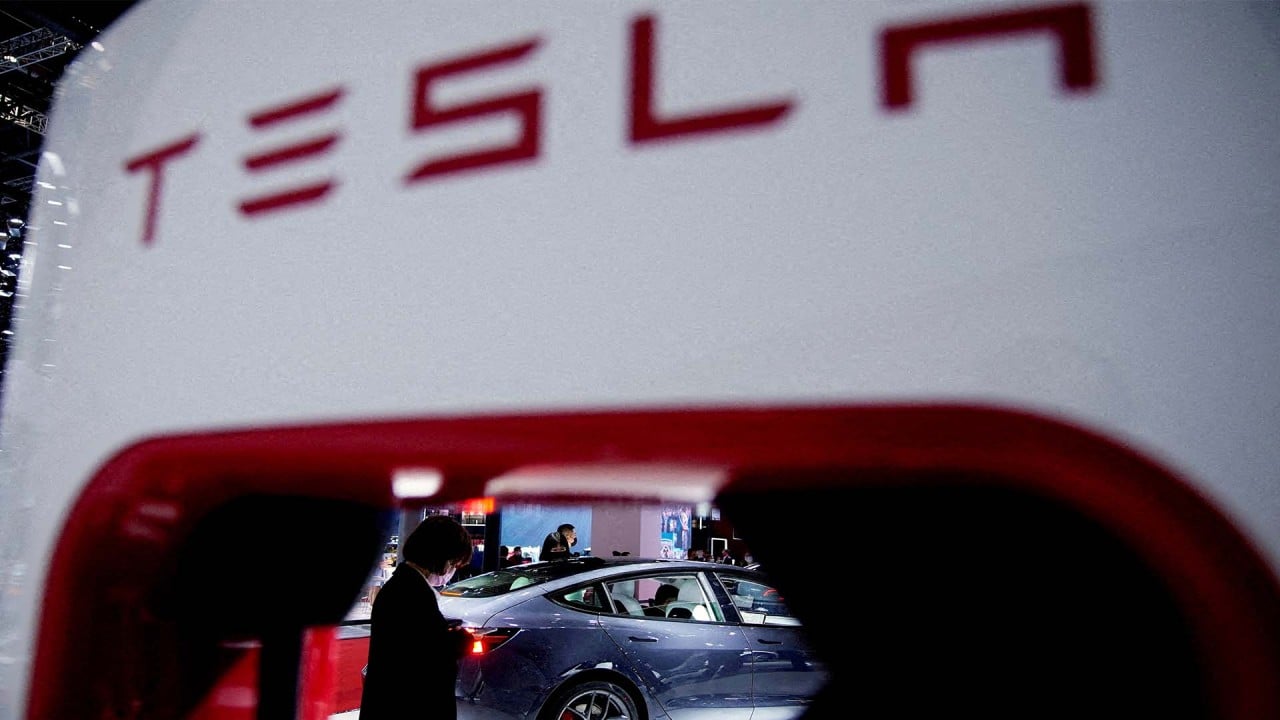
China’s ‘sharp increase’ in car exports leaves South Korea searching for a solution
- Competition is expected to intensify for South Korean car companies as Chinese firms increase exports with governmental support
- South Korea can boost competitiveness and develop new markets by signing trade deals and incentivising investment, carmakers say
In the face of China’s fast-growing auto industry that ranked second in the world last year in terms of car exports, there is a “pressing need” for the South Korean government to implement policies that help exporters compete with their neighbours, according to the Korea Automobile Manufacturers Association.
“The sharp increase in Chinese automobile exports has a negative impact on the expansion of Korean exports,” said the report published on Wednesday.
“Korean companies’ competition with their Chinese counterparts in various local automobile markets is expected to intensify as Chinese companies are expanding their exports with governmental support.”
The South Korean government should help export competitiveness of Korean cars and develop new markets by signing free-trade agreements, while at the same time implementing fully fledged incentive policies to attract investment in production facilities, the report said.
South Korea’s China exports tumble 25 per cent as world’s No 2 economy sputters
Kang Nam-hoon, the president of the Korea Automobile Manufacturers Association, said incentives were needed to lure foreign and domestic investment in electric vehicle production facilities.
Nearly 50 per cent of China’s electric vehicle exports come from Tesla’s Shanghai factory, while South Korea has not been able to secure electric vehicle production lines from foreign-invested car companies.
China’s car exports have been growing fast since 2021. The world’s No 2 economy exported 3.1 million vehicles in 2022, according to the China Association of Automobile Manufacturers (CAAM), an increase of 54 per cent year on year, making it the second largest car exporter in the world.
Japan occupies first place for international car exports, having exported 3.2 million vehicles between January and November last year. The country’s export figures for the full year are yet to be announced.
Before 2021, China’s car exports remained at around 1 million vehicles per year. The figures doubled due to an increase in electric vehicle exports that year, when almost 60 per cent of all electric vehicles exported worldwide were from China.
Last year, China’s new energy vehicle exports increased by 120 per cent to 680,000 units and accounted for 21.9 per cent of total car exports, the CAAM said.
Electric vehicles are also important to South Korea. Earlier this year the government noted eco-friendly vehicles – including electric, hybrid and hydrogen-powered vehicles – were the new export engine for the country’s automotive industry, accounting for 25.1 per cent of total car export value in 2021.
South Korea’s electric vehicle exports increased by 41 per cent year on year to 210,000 units from January to October last year, accounting for 11 per cent of total vehicle exports. Although data on South Korea’s total car exports for last year have not been released, they are estimated to be around 2.3 million.
China’s trade surplus with South Korea sparks calls for ‘innovation’ in Seoul
The report also said while China’s car exports were previously concentrated in countries with low per capita income or political proximity – such as Russia, Iran and Latin America – the country’s industry is expanding into Europe, while increasing its share in existing markets thanks to improved quality.
Therefore, it is necessary for South Korea to sign new free-trade agreements early on with markets that have future growth potential, such as those in the Middle East and Latin America, the report said.
After it was announced that South Korea’s gross domestic product decreased by 0.4 per cent in the last quarter, while exports shank by 5.8 per cent during the same period, Seoul vowed on Thursday to provide robust support for exporters.


